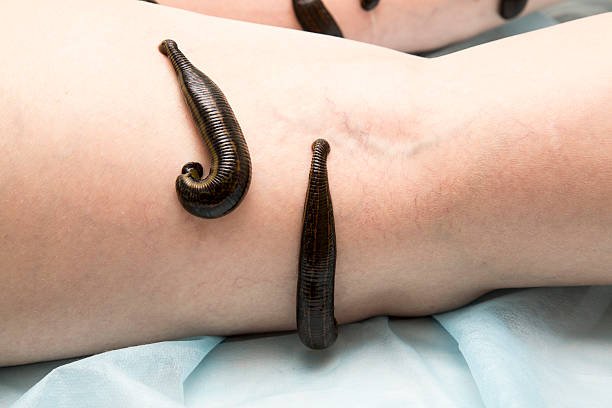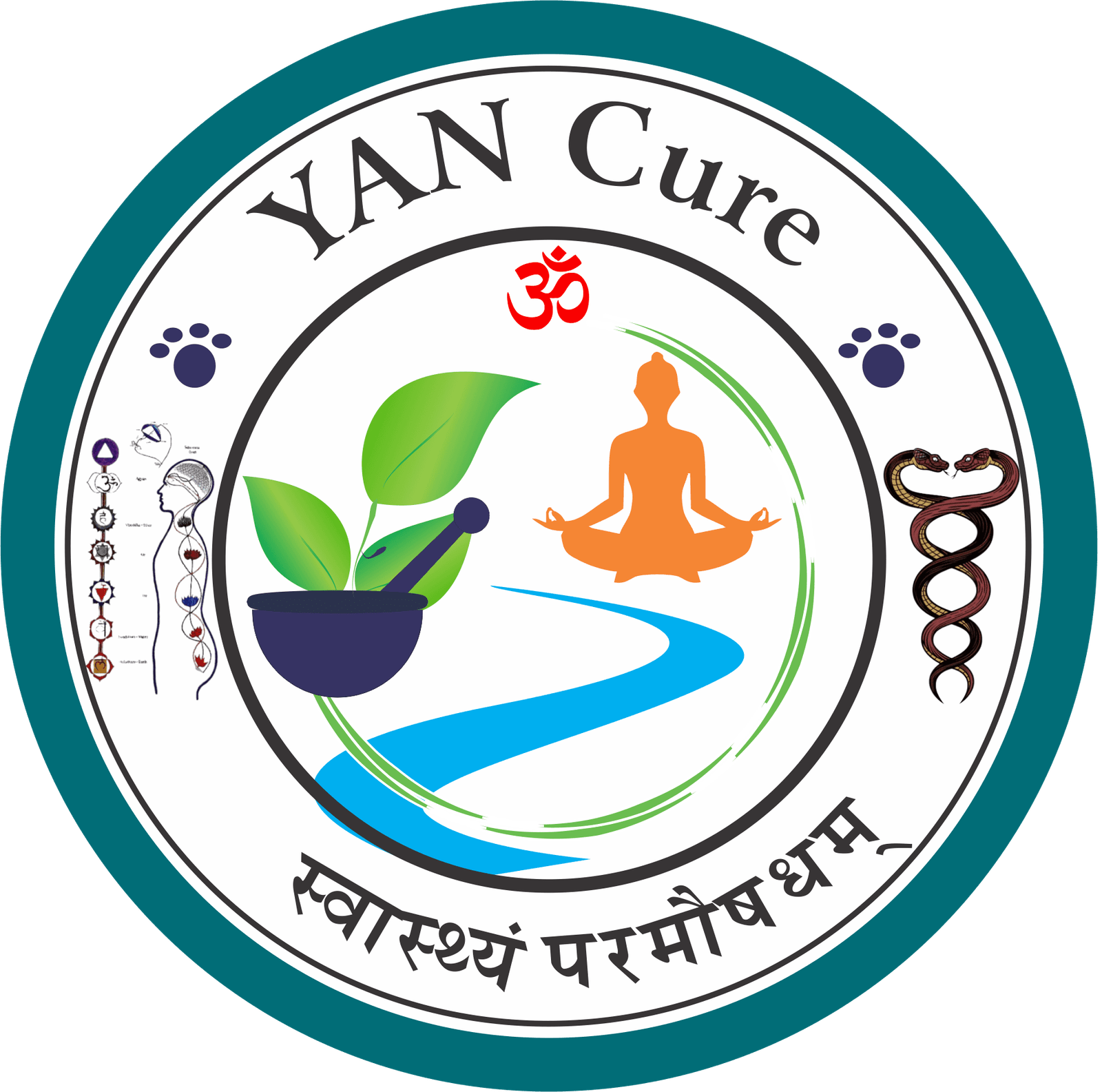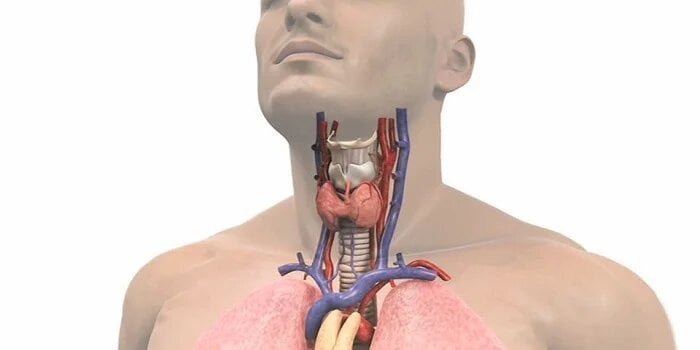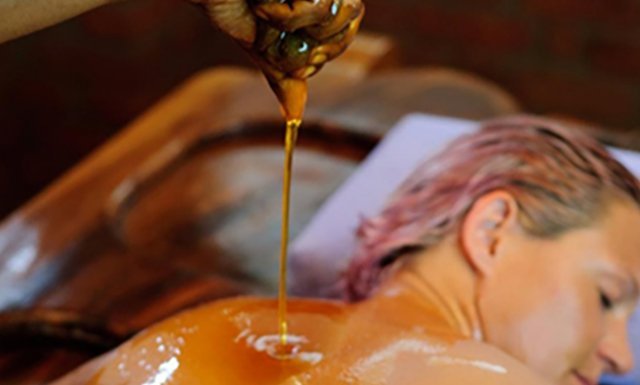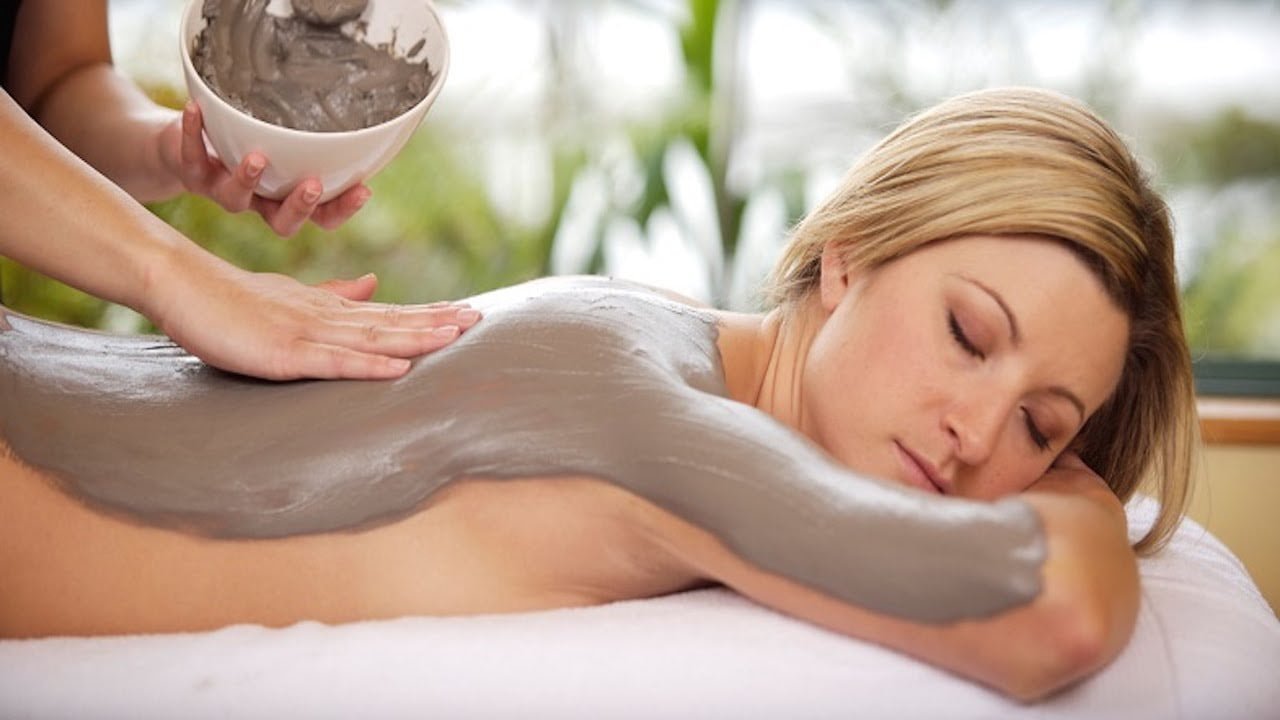Call Us
+91 9811002040
Managing Blood Pressure with Ayurveda and Naturopathy: A Holistic Approach
Yancure Manage hypertension naturally with Blood Pressure Management program in Rishikesh. Personalized care for improved heart health. Book your visit now!
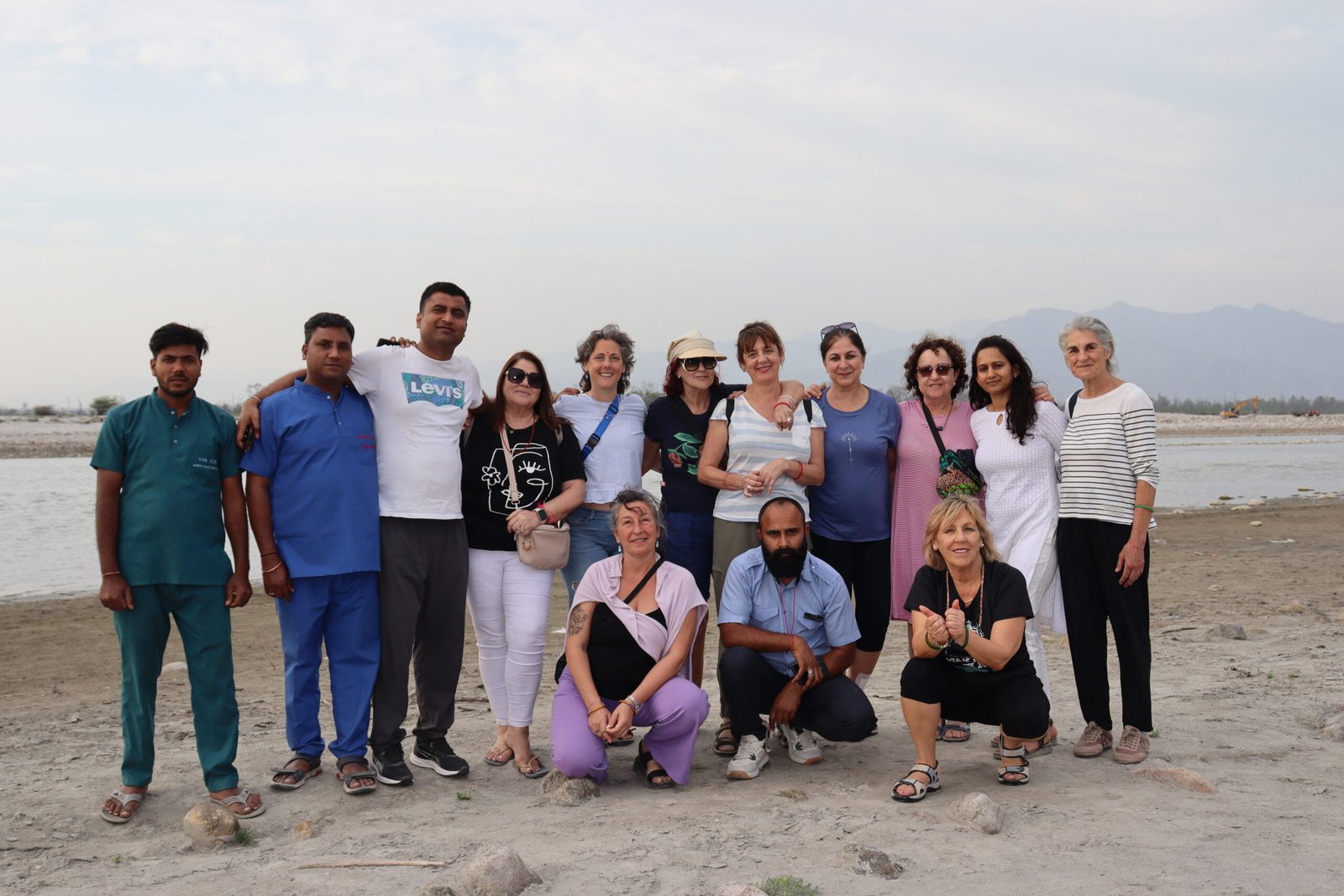
High blood pressure, or hypertension, is a prevalent condition that affects millions worldwide. Traditionally managed through medications, there is growing interest in complementary and alternative therapies, particularly Ayurveda and Naturopathy. Both approaches offer a holistic perspective on health, focusing on balance and natural healing. In this blog, we’ll explore how Ayurveda and Naturopathy can be utilized to manage blood pressure effectively.
Understanding Blood Pressure
Blood pressure is the force exerted by blood against the walls of your arteries. It is measured in millimeters of mercury (mmHg) and recorded with two numbers:
- Systolic Pressure: The pressure when the heart beats.
- Diastolic Pressure: The pressure when the heart rests between beats.
A reading of 120/80 mmHg is considered normal. Hypertension is generally defined as having a blood pressure reading consistently above 140/90 mmHg.

Ayurveda: The Science of Life
Ayurveda, an ancient Indian system of medicine, emphasizes balance in the body’s energies, or doshas — Vata, Pitta, and Kapha. Blood pressure management in Ayurveda focuses on balancing these doshas and promoting overall health through diet, lifestyle, and herbal remedies.
Balancing Doshas
- Vata Dosha : Characterized by dryness, lightness, and coolness. Imbalances can lead to stress and anxiety, which can affect blood pressure. To balance Vata, it’s important to incorporate calming practices and foods that provide warmth and stability.
- Pitta Dosha : Associated with heat, intensity, and metabolism. When Pitta is aggravated, it can lead to inflammation and high blood pressure. Cooling and soothing practices help manage Pitta imbalances.
- Kapha Dosha : Linked with heaviness, stability, and coldness. An excess of Kapha can lead to lethargy and fluid retention, contributing to high blood pressure. Stimulating and invigorating practices are beneficial for Kapha.
Ayurvedic Dietary Recommendations
- Reduce Salt Intake : Excess salt can increase blood pressure. Ayurveda suggests reducing salt and opting for herbs like turmeric and coriander that aid in digestion and circulation.
- Incorporate Cooling Foods : To balance Pitta, consume cooling foods such as cucumbers, melons, and leafy greens.
- Favor Light and Digestible Foods : For balancing Kapha, include foods that are light, warm, and easy to digest, such as barley, quinoa, and lean proteins.
- Hydrate Adequately : Drinking plenty of water helps maintain fluid balance and supports overall health.
Ayurvedic Herbs and Remedies
- Ashwagandha : Known for its adaptogenic properties, Ashwagandha helps the body cope with stress and balances the Vata dosha.
- Arjuna : This herb supports heart health and helps in maintaining normal blood pressure levels.
- Brahmi : Known for its calming effects, Brahmi helps reduce stress and anxiety, contributing to lower blood pressure.
- Hibiscus Tea : Drinking hibiscus tea has been shown to have beneficial effects on blood pressure levels.
Lifestyle Practices
- Meditation and Yoga : Regular practice of meditation and yoga helps in reducing stress, which can contribute to high blood pressure. Poses like Sukhasana (Easy Pose) and Shavasana (Corpse Pose) are particularly calming.
- Abhyanga (Self-Massage) : Regular self-massage with warm oils helps in calming the Vata dosha and improving circulation.
- Adequate Sleep : Ensure you get 7-8 hours of quality sleep each night to maintain overall health and balance.
Naturopathy: Embracing Natural Healing
Naturopathy is a holistic approach to health that emphasizes the body’s innate ability to heal itself. It combines various natural therapies and practices to promote wellness and treat conditions like high blood pressure.
Diet and Nutrition :
- Whole Foods: Emphasize a diet rich in fruits, vegetables, whole grains, and lean proteins. Foods high in fiber, potassium, and magnesium, such as bananas, spinach, and legumes, support healthy blood pressure.
- Reduce Processed Foods: Avoid foods high in sodium, sugar, and unhealthy fats. Instead, focus on natural, unprocessed foods to maintain optimal health.
- Healthy Fats: Incorporate sources of omega-3 fatty acids, such as flaxseeds, chia seeds, and walnuts, which can help reduce inflammation and support heart health.
Herbal Remedies :
- Garlic: Known for its cardiovascular benefits, garlic can help lower blood pressure by relaxing blood vessels and improving circulation.
- Hawthorn: This herb supports heart health by strengthening the heart muscle and improving blood flow.
- Omega-3 Supplements: Fish oil supplements or plant-based omega-3 sources can help in reducing blood pressure and supporting overall cardiovascular health.
Lifestyle Modifications :
- Exercise Regularly: Engage in regular physical activity, such as brisk walking, swimming, or cycling. Exercise helps in maintaining a healthy weight and improving cardiovascular health.
- Stress Management: Practice stress-reducing techniques such as deep breathing, progressive muscle relaxation, or mindfulness meditation.
- Adequate Hydration: Drink plenty of water throughout the day to support overall bodily functions and maintain fluid balance.
- Avoid Smoking and Excessive Alcohol: Both smoking and excessive alcohol consumption can contribute to high blood pressure and negatively impact overall health.
Detoxification :
- Juice Fasting: Periodic juice fasting with vegetable and fruit juices can help detoxify the body and improve overall well-being.
- Sauna and Steam Baths: These can aid in detoxification and promote relaxation, which can be beneficial for managing blood pressure.
Integrating Ayurveda and Naturopathy
Combining Ayurvedic and Naturopathic approaches can provide a comprehensive strategy for managing blood pressure. By integrating dietary adjustments, herbal remedies, and lifestyle modifications from both disciplines, individuals can address the root causes of hypertension and promote overall well-being.
- Personalized Approach : Both Ayurveda and Naturopathy emphasize individualized care. Consult with practitioners to develop a tailored plan based on your unique constitution and health needs.
- Consistency is Key : Adopting and maintaining holistic practices consistently over time is essential for achieving and sustaining optimal health.
- Regular Monitoring : Keep track of your blood pressure readings regularly to assess the effectiveness of the holistic approaches and make necessary adjustments.
Conclusion
Managing blood pressure through Ayurveda and Naturopathy offers a natural and holistic alternative to conventional treatments. By focusing on balance, natural remedies, and lifestyle modifications, these approaches aim to address the root causes of hypertension and promote overall health. As with any health strategy, it’s essential to consult with healthcare professionals and practitioners to ensure a safe and effective approach tailored to your individual needs.
Embrace the wisdom of Ayurveda and Naturopathy, and take a proactive role in managing your blood pressure for a healthier, balanced life.
Discover Blood pressure treatment at Yancure
If you’re inspired to explore Ayurveda and its transformative potential in treating blood pressure. Yancure offers a unique opportunity to experience these practices in a nurturing environment. Our center, located near the tranquil banks of the Ganga River, is surrounded by natural beauty that enhances relaxation and rejuvenation.
Proven Results at Yancure: Success Stories and Testimonials
Many individuals have reported remarkable improvements in blood pressure within just 14 days of using Ayurvedic and Naturopathic treatments. For example:
- Jane D. shared, “After two weeks on an Ayurvedic regimen, my blood pressure dropped significantly from …., and I felt more energized and less stressed.”
- Mark L. noted, “Incorporating naturopathic remedies and exercise, my blood pressure improved within 14 days, making a real difference in my health.”
- Priya K. experienced a “significant reduction in blood pressure”, thanks to a combination of Ayurvedic herbs and stress-relief techniques.
For more insights, check out video testimonials on YouTube, where individuals share their successful experiences with these holistic approaches. For instance, videos like “Blood Pressure Management at Yancure” provide firsthand accounts of how these treatments can make a difference.
